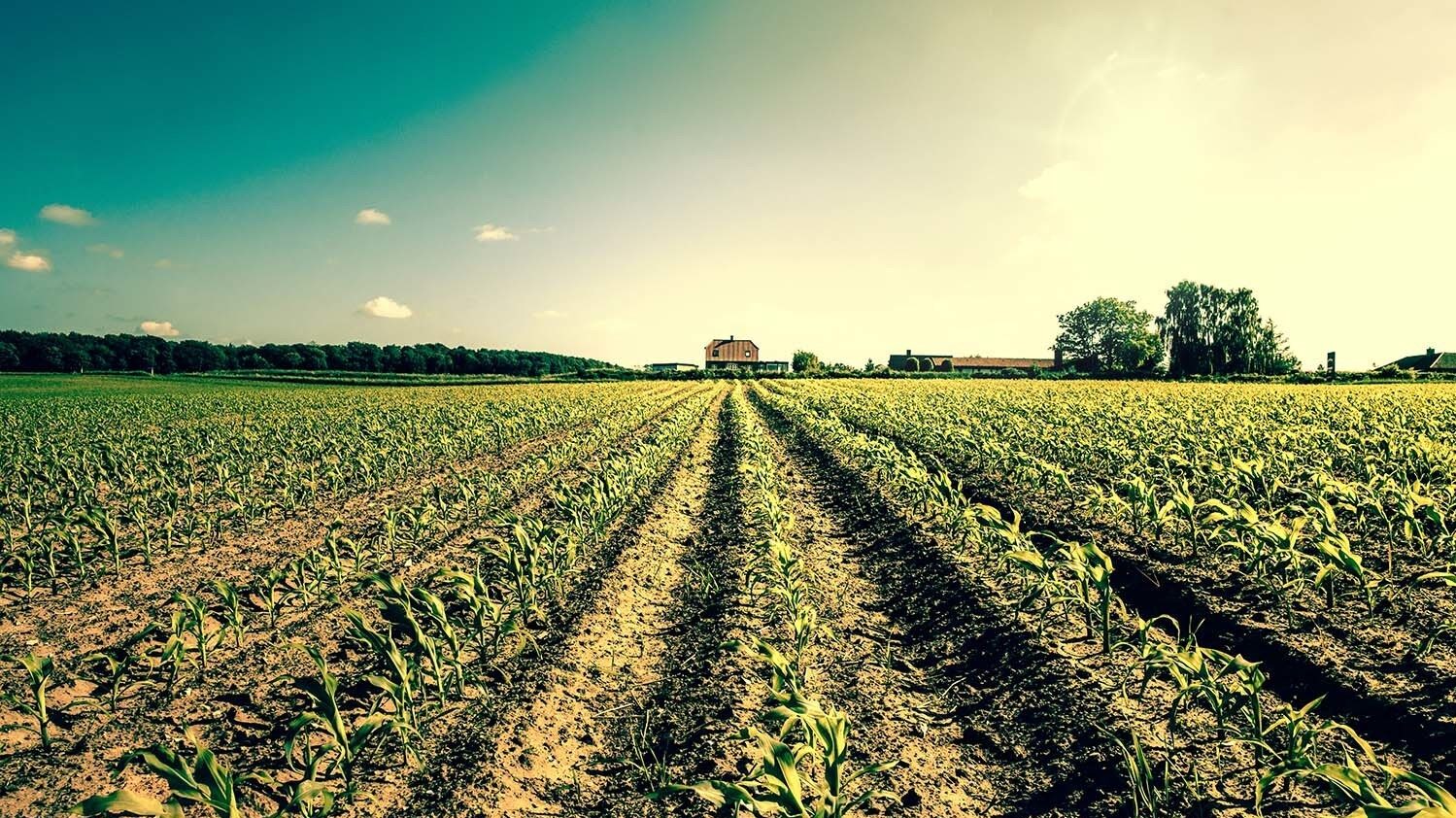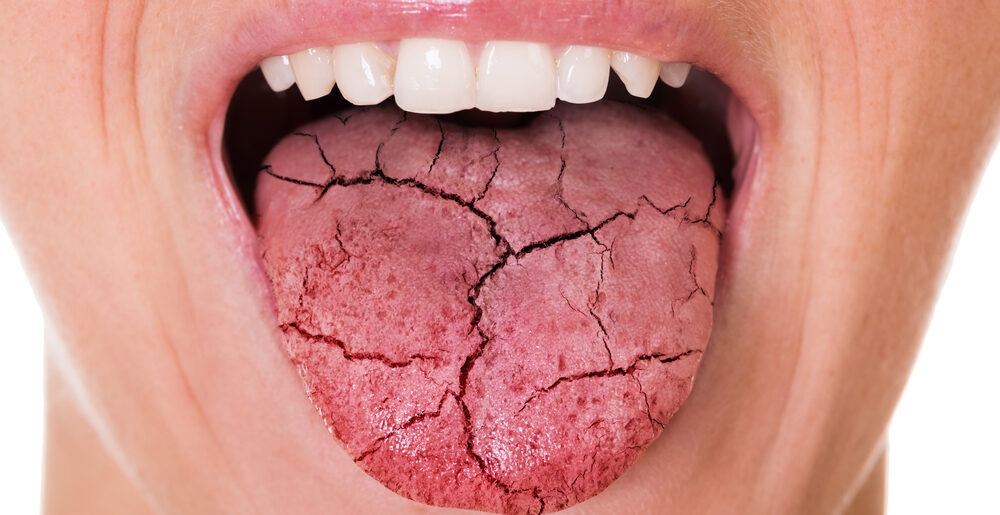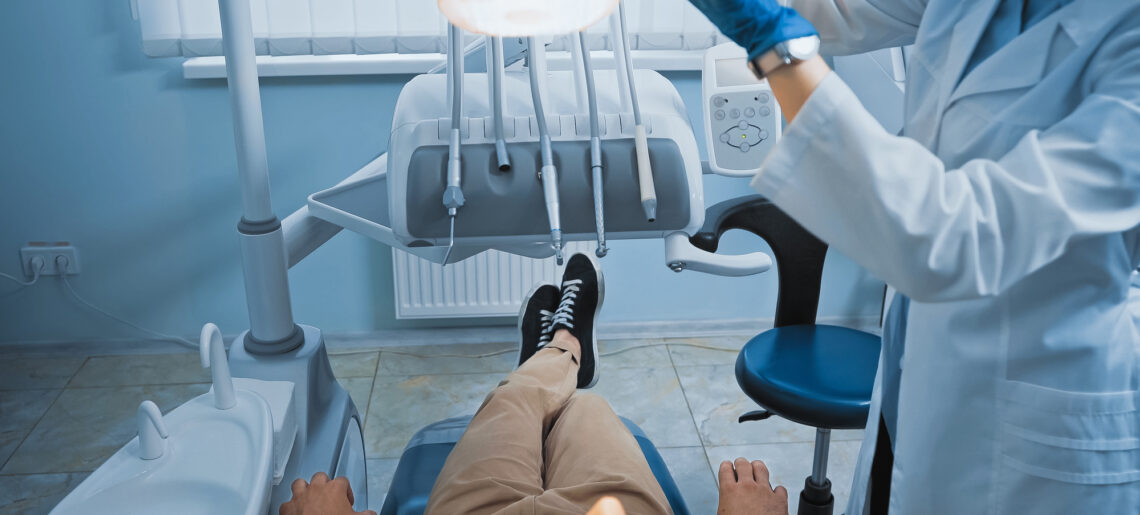In rural communities, where farming is a central livelihood, oral health often takes a back seat to the more immediate demands of daily life. Farmers, who spend long hours tending to crops and livestock, face unique challenges in accessing dental care. For many, regular visits to the dentist are either inconvenient or unavailable due to geographic isolation, lack of dental professionals, and the unpredictable nature of farm life. This has resulted in a growing concern about the oral health of farmers and other rural residents, as poor dental hygiene can lead to broader health issues and reduced quality of life.
Addressing these challenges requires a multi-faceted approach, one that includes improving access to dental services, raising awareness of the importance of oral health, and promoting good dental hygiene practices like regular dental general check up and examination. By addressing these areas, farmers can protect not only their teeth but their overall health and well-being.
The Unique Oral Health Challenges of Farmers
Farmers face a variety of oral health challenges that are distinct from those of urban populations. One of the primary issues is access to care. Rural areas often lack sufficient dental services, with many communities facing severe shortages of dentists. According to the Australian Dental Association (ADA), many rural communities have far fewer dentists per capita than urban areas, making it difficult for farmers to get timely care when they need it.
In addition to the scarcity of dental professionals, farmers’ demanding schedules further complicate their ability to prioritize dental care. Long working hours, especially during planting or harvest seasons, leave little time for routine dental visits. This can lead to a cycle where oral health problems, such as cavities or gum disease, are neglected until they become severe and require more intensive treatment.
Moreover, farmers are often exposed to harsh outdoor conditions, including extreme temperatures, dust, and wind, all of which can exacerbate oral health problems. They may also suffer from dehydration, which reduces saliva production. Saliva plays a crucial role in protecting teeth by washing away food particles and neutralizing acids that cause tooth decay. Without enough saliva, farmers are at a greater risk of developing cavities and other dental issues.
The Importance of Regular Dental Check-ups and Examinations
Despite these challenges, maintaining good oral health is critical, and it starts with regular dental general check ups and examinations. These check-ups are essential for preventing minor issues from turning into major problems. During a general examination, a dentist will assess the health of the teeth and gums, look for signs of decay or gum disease, and provide professional cleaning to remove plaque and tartar buildup.
For farmers, scheduling these check-ups can be difficult due to time constraints and travel distances. However, making dental visits a priority can help catch problems early, saving both time and money in the long run. Many dental issues, such as cavities or gum disease, can worsen without treatment, leading to more invasive and expensive procedures, like root canals or tooth extractions.
Mobile dental clinics and tele-dentistry services are emerging solutions that can help bridge the gap for rural communities. Mobile clinics bring dental care directly to the community, reducing travel time and making it easier for farmers to receive care. Tele-dentistry, on the other hand, allows patients to consult with a dentist remotely, providing a convenient way to assess whether a problem requires an in-person visit.
The Role of Diet in Oral Health
Farmers often have access to fresh, nutrient-rich foods, but maintaining a balanced diet that supports oral health can still be challenging. What farmers eat plays a significant role in the health of their teeth. A diet high in sugar, processed foods, and acidic beverages can contribute to tooth decay, while certain foods for a healthy teeth can help protect and strengthen teeth.
Some key foods that promote oral health include:
– Dairy products: Milk, cheese, and yogurt are rich in calcium and phosphates, which help to strengthen teeth and restore minerals lost to acidic foods and drinks.
– Leafy greens: Vegetables like spinach, kale, and broccoli are excellent sources of vitamins and minerals, especially calcium and folic acid, which are beneficial for gum health.
– Fruits and vegetables: Crunchy fruits and vegetables, such as apples, carrots, and celery, help stimulate saliva production, which naturally cleans the mouth and washes away harmful bacteria.
– Nuts and seeds: These are packed with nutrients like calcium, phosphorus, and vitamin D, all of which contribute to strong teeth and healthy gums.
– Water: Staying hydrated is crucial for oral health. Drinking plenty of water throughout the day helps maintain saliva production and rinses away food particles and bacteria that can cause decay.
On the flip side, farmers should minimize their consumption of sugary snacks, sodas, and acidic foods like citrus fruits, which can erode enamel over time. Regular brushing and flossing, combined with a tooth-friendly diet, can go a long way in preventing oral health problems.
Raising Awareness and Encouraging Preventive Care
One of the key strategies to improve farmers’ oral health is raising awareness about the importance of preventive care. Many people in rural communities may not realize the connection between oral health and overall health. Poor oral hygiene has been linked to a range of health problems, including heart disease, diabetes, and respiratory infections. By educating farmers about these risks and encouraging regular dental check-ups, rural communities can promote a culture of proactive care.
Farmers can also take simple steps to improve their oral hygiene at home. Brushing at least twice a day with fluoride toothpaste, flossing daily, and using mouthwash can help maintain healthy teeth and gums. Additionally, wearing protective gear, such as mouthguards, while performing physical tasks or operating machinery can prevent dental injuries.
Dental care is a critical aspect of overall health, yet for farmers in rural communities, it often gets overlooked. The challenges of access to care, demanding work schedules, and environmental factors can put farmers at higher risk for oral health issues. However, by prioritizing regular dental general check up and examination, making use of emerging technologies like mobile clinics and tele-dentistry, and incorporating foods for healthy teeth into their diets, farmers can protect their smiles and improve their overall well-being. Addressing these challenges will require collaboration between local governments, healthcare providers, and community organizations to ensure that farmers receive the dental care they need, regardless of where they live.




